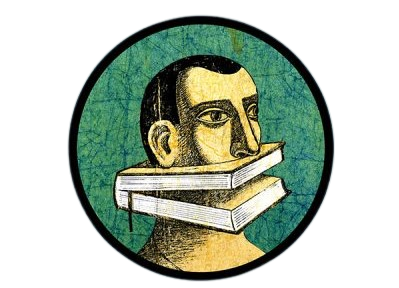
Law is the backbone of any civilized society. It provides the framework for the functioning of the society and defines the rights and responsibilities of its citizens and a good understanding of the legal system is crucial for people to navigate their way through life. In Pakistan, however, law education has always been considered a niche field, reserved only for those who want to pursue a career in the legal profession. Albeit, the importance of law education goes beyond producing lawyers and judges. It is essential for every citizen to have a basic understanding of the laws that govern them. In this article, We will explore the reasons why basic law should be taught at the school level in Pakistan and compare it with other countries around the world.
Legal Literacy

Legal literacy is the ability to understand and apply the law to everyday life. Unfortunately, in Pakistan, legal literacy is low, with many people having only a basic understanding of the law. This lack of legal knowledge can lead to people being taken advantage of and can lead to injustices. By teaching law at the school level, students will have a better understanding of the law and their legal rights, leading to a more informed and empowered society. A survey conducted by Gallup Pakistan in 2019 showed that only 33% of Pakistanis had a basic understanding of their fundamental rights.
Development of Democratic Society

Secondly, legal literacy is essential for the development of a democratic society. Pakistan is a country where democratic institutions are fragile, and the military has ruled the country for most of its history. Legal education can help in creating a democratic culture by promoting the rule of law and the principle of equality before the law. It can also create awareness among citizens about the role of the judiciary and the importance of an independent judiciary in upholding the rule of law. In a survey conducted by Pew Research Center in 2019, only 24% of Pakistanis had confidence in the judiciary, compared to 68% in India.
Prevention of Crime

Legal education can help in reducing crime and promoting social justice. By teaching basic law at the school level, children will be able to understand the consequences of their actions and the impact of their behavior on society. It will also help in creating awareness about the laws related to social issues such as discrimination, harassment, and violence against women. In a survey conducted by the Human Rights Commission of Pakistan in 2020, 90% of women in Pakistan reported facing some form of violence.
Professional Development

Teaching law at the school level can also help students who are interested in pursuing a career in the legal profession. By providing students with a foundation in legal knowledge, they will be better equipped to pursue further education and training in law. This will help develop a strong legal profession in Pakistan, benefiting the country as a whole.
Examples of Other Countries:
Several countries have already recognized the importance of legal education and have made it compulsory in their school curriculums. For instance:
- India: In India, the Right to Education Act, 2009, mandates that all children between the ages of 6 to 14 receive free and compulsory education, including legal education. The curriculum includes legal topics such as fundamental rights, citizenship, and the Constitution of India.
- United Kingdom: In the United Kingdom, legal education is a part of the national curriculum and is taught in secondary schools. The curriculum includes topics such as the legal system, criminal law, and civil law.
- United States: In the United States, legal education is not compulsory at the federal level, but it is offered in many high schools as an elective subject. The curriculum covers topics such as the Constitution, criminal law, and civil law.
- Australia: Legal education is taught in many high schools in Australia as an elective subject. The curriculum covers topics such as the legal system, criminal law, and civil law.
- Canada: In Canada, legal education is offered in some high schools as an elective subject. The curriculum covers topics such as the Canadian legal system, criminal law, and civil law.
- In South Korea, legal education is a mandatory subject in high school. The curriculum includes topics such as the Constitution, civil law, and criminal law.
“The law is a living organism, evolving with society’s progress and shaping the course of civilization.” – Benjamin Cardozo
To summarize, it is crucial to introduce basic law education at the school level in Pakistan. This would foster a democratic culture, advance social justice, and diminish crime rates. Educating children about the law would enable the development of a society where individuals are knowledgeable about their rights and obligations, and where the principles of law are honored. Immediate action should be taken by the government to incorporate law education into the school curriculum and ensure its effective delivery. Experiences from other nations demonstrate the feasibility of teaching law to young children and establishing a society that upholds and respects the rule of law.

Appreciated💕
Good suggestion
👍
I would like to post an article http://fertus.shop/info/
Content for your website http://fertus.shop/info/
Free analysis of your website http://fertus.shop/info/
umzug hannover
Wonderful work! This is the kind of information that are supposed to be shared across the
net. Shame on the seek engines for not positioning this post upper!
Come on over and seek advice from my web site .
Thanks =)